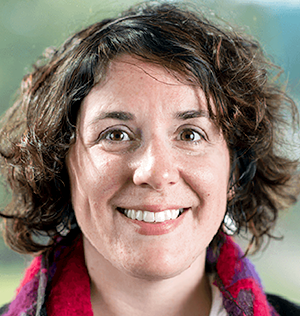Drawing on the Downtown Eastside (DTES) Research Access Portal (RAP) as a case study and existing teaching materials, we developed an Open Education Resource (OER) module for graduate-level library and information science courses focused on knowledge exchange between academic researchers and community members. The OER module builds upon and integrates RAP-based learning resources and activities successfully piloted in seven LIS courses and opens these up to a broader audience.
The module focuses on three primary themes that are exemplified by the RAP:
- Principles and practices of community engagement for knowledge exchange
- Meaningful access to research for non-academic audiences
- Research ethics in historically marginalized underrepresented communities
The OER features a “core” lesson and three “mix and match” pathways with an accompanying Instructor Guide, slide deck, and master resource list. Multimedia materials (podcasts, academic articles, popular press pieces, videos) are used to support student learning, and all activities include instructions for in-person, online asynchronous and online synchronous delivery. The OER is included in the Scholarly Communication Notebook (supported by an IMLS grant) and uploaded locally to cIRcle.
Researchers
Graduate Academic Assistants
Research Outputs
Understanding community-university knowledge exchange: A case study of the Making Research Accessible initiative (MRAi)
Open Education Resource (OER) module examining community-university knowledge exchange through a case study.STOREE sub-project featured in Scholarly Communications Notebook
Understanding Community-University Knowledge Exchange: A Case Study of the Making Research Accessible Initiative (MRAi), an open education resource, is now available as part of the Scholarly Communications Notebook. Blog post: New to the SCN: Understanding Community-University Knowledge Exchange

